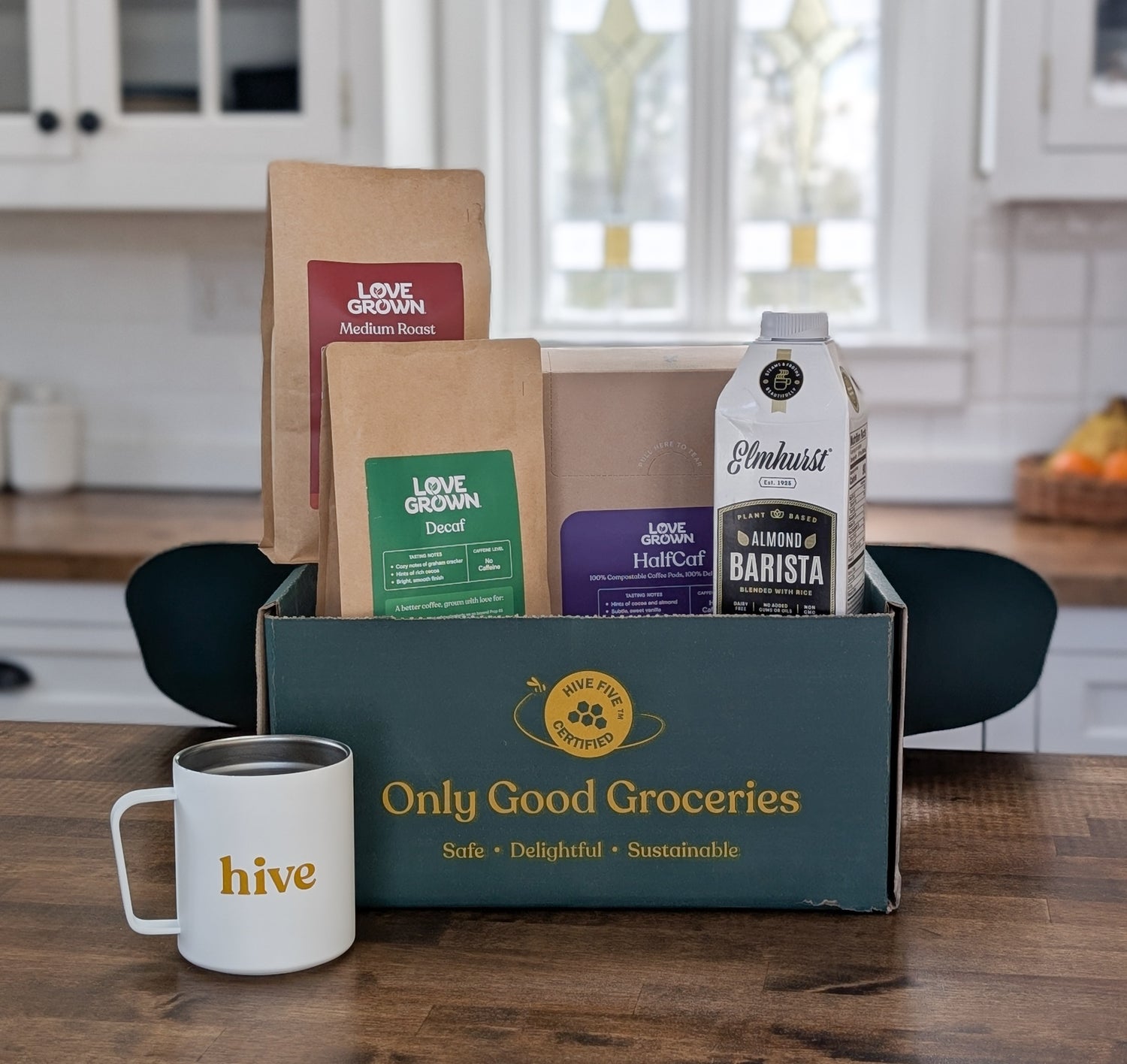Upcycling food is one of the coolest solutions to help restore the environment that you’ve probably never heard of. At Pulp Pantry, we’re obsessed with reusing leftover juice pulp to tackle food waste while delivering elevated, nutritious snack staples to families across the country.
From leftover pumpkin seeds, to citrus peels and apple skins, to broccoli stalks, and (our favorite) the fibrous pulp leftover after juicing, here are some reasons for why and how you can reuse leftover food with a purpose.
The Problem With Food Waste
In the U.S. alone, nearly 40% of our food supply is wasted according to the U.S. Department of Agriculture. That’s enough food to serve 130 billion meals to people, and the nearly 40 million people who are food insecure in the U.S.
But food waste isn’t just a social or humanitarian concern, it’s also an environmental one. When we waste food, we also waste all the energy, water, fertilizer, cropland, and other resources used to grow, produce, and transport it.
Additionally, food waste contributes to one of the most complex issues we have ever faced: climate change.
When we throw out pieces of our unfinished salad, apple cores, chicken bones, banana peels, egg shells, and any other food we don’t eat, all of it goes to the landfill and produces a potent gas called methane. Methane is a greenhouse gas that warms the planet 86 times more than another well-known greenhouse gas, carbon dioxide.
An increase in concentrations of greenhouse gases produces a warming effect on our planet, also known as global warming. Greenhouse gases are literally changing our climate.
According to the World Wildlife Fund, about 6-8% of all human-caused greenhouse gas emissions could be reduced if we stop wasting food. In the U.S. alone, the production of wasted food generated is equivalent to 32.6 million cars’ worth of greenhouse gas emissions (that’s a lot).
So What Can We Do?
Waste happens at every step of the food chain. But we do have the tools to change the story.
One such tool is called upcycling, and it's a way that we can use the scraps that result in our food system - from farm to fork. Upcycling food is based on the philosophy of “using all you have,” creating high quality, nutritious food products out of the nutrients that slip through the cracks of our food system.
Pulp Pantry, along with other brands in the upcycling space, has committed to ensuring that good, nutritious food serves its most sustainable purpose: nourishing humanity. Pulp Pantry transforms the nutritious, fresh vegetable fiber from the cold-pressed juice industry into a line of real veggie chips, Pulp Chips.
Since November 2019, Pulp Pantry’s line of upcycled Pulp Chips have saved over 79,000 kg of nutritious veggies, translating to over 17 million L of water (calculated from the water footprint of kale and celery) and over 500,000 square feet of cropland (calculated from yield per acre for kale and celery).
Beyond the resources used to grow our food, Pulp Pantry has also saved over 151,742 kg of carbon dioxide emissions that would have resulted from neglecting good food resources. And that’s just one brand, with one line of veggie chips.
The best part? You, too, can work towards habits like upcycling at home to make the most of our food resources.
Here are a few easy ways you can reduce food waste at home:
- Transform juice pulp and scraps into a healthy smoothie.
- Befriend your freezer: freeze your veggie scraps until you’ve collected enough to make a delicious broth (which can then be frozen again for long-term storage!). Our go-to recipe is here.
- Don’t know what to do with those leftover broccoli or cauliflower stems? Put them in the food processor to make homemade broccoli or cauliflower rice. Bake them into chips or slice them into fries! They can also be frozen and blended to make smoothies extra creamy.
- Reuse leftover chicken or turkey meat to make a nutritious bone broth.
- Check for local composting services near you - and freeze your scraps for bulk drop-off in the meantime!
Food waste is one of the top solutions to climate change, and the power to make that difference is in our hands.

